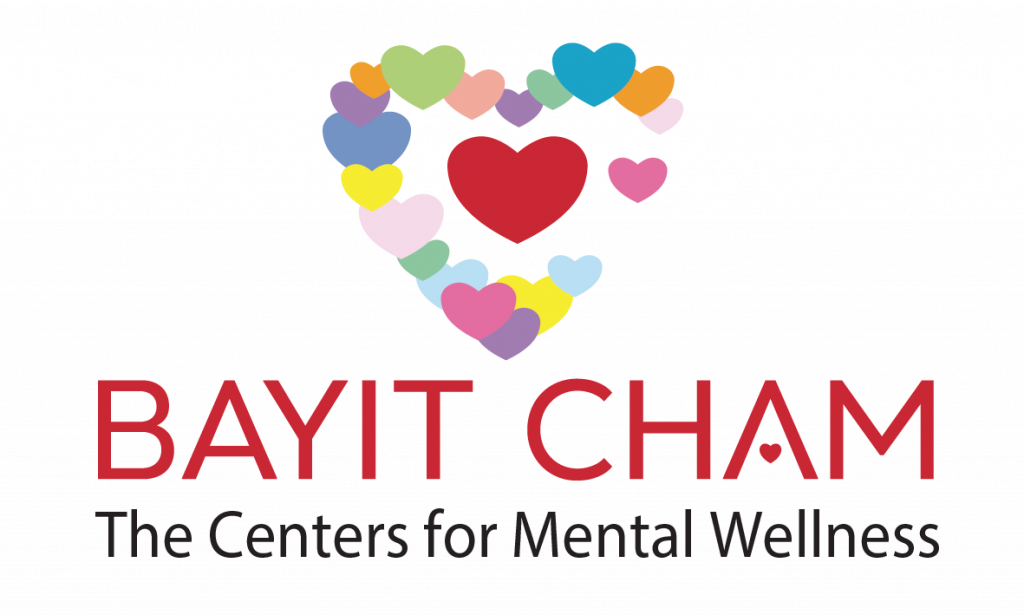Moshe, 32, an energetic, intelligent young man, married for about a year, has been working for the past 4 years greeting visitors at Yad Vashem and providing them with initial guidance. He recently started looking for a job in high-tech because he will soon be completing a cyber course which he has been studying for the past 16 months with great success.
Moshe did not always have the easiest life. He claims that in the past, he had no rest neither by day nor by night, depending on the episode of mania or depression that alternated frequently and affected his alertness. Life was neither stable nor possible. To deal with the difficulty, the pain and the frustration, he also drank and smoked substances.
That’s the state he was in when he arrived at Bayit Cham about 7 years ago. Eli, his vocational coach, welcomed him. Moshe was placed at a job as a waiter. He says that Eli gave him the option to do only what he could: “Just show up at work. I will make sure to talk to your boss, arrange flexible hours for you, take care of your salary and everything you need.” And for two years Moshe came, sometimes unfocused and challenged but with a strong determination to work. Eli took care of everything, supported him, encouraged him and ensured his rights vis-à-vis his employer, something that Moshe was unable to do for himself at the time. Moshe shares with appreciation that he once came to a meeting with Eli and “I did not treat him well … A week later I came again and Eli accepted me. Unconditionally.”
At some point, the job with the caterer was over and Moshe took advantage of his energies and started employment at a furniture company that works with 500 offices, in delivery, installation and maintenance of office furniture. During this time, due to Moshe’s personal reasons which Bayit Cham responded to, he switched to a different Bayit Cham coach, Dikla. Dikla assisted Moshe in submitting important bureaucratic applications for his professional future and walked him through the process with the National Insurance Institute’s Rehabilitation Department to obtain funding for his studies.
The big breakthrough, according to Moshe, occurred when he decided 4 years ago to stop drinking and smoking. Moshe decided to take matters into his own hands and became a person who takes better care of himself, notices what he is doing, sets goals for himself and is focused on achieving them. Since then, his career took off and soared. That’s when Moshe landed his current job at Yad Vashem and eventually was accepted to study at HackerU, where he has persistently applied himself for the past year and four months.
Today, Moshe is nearing graduation, preparing for his final exams and has already started looking for a job in high-tech. Moshe says that the support he receives from his current vocational coach, Bracha, helps him focus, go job hunting, gain tools how to conduct himself, prepare for job interviews and more.
Moshe’s message to others in recovery is: “Do only what you can and use what you have. The tendency of people with mental health challenges is always to look at the half-empty glass and the difficulties. You should look at the half-full glass and use it. At the beginning of my journey in rehabilitation, I knew I had a great desire to work and energy and that’s what I used. Bayit Cham helped with everything else … Baruch Hashem for Bayit Cham.”
Moshe also wanted to thank his amazing wife. “She deserves credit for every inch of progress I make.”
You melted our hearts totally?.
You’re a king? !!! ?
Both for the amazing journey and for opening up and sharing it – self-confidence can break through every prejudice and stigma?

